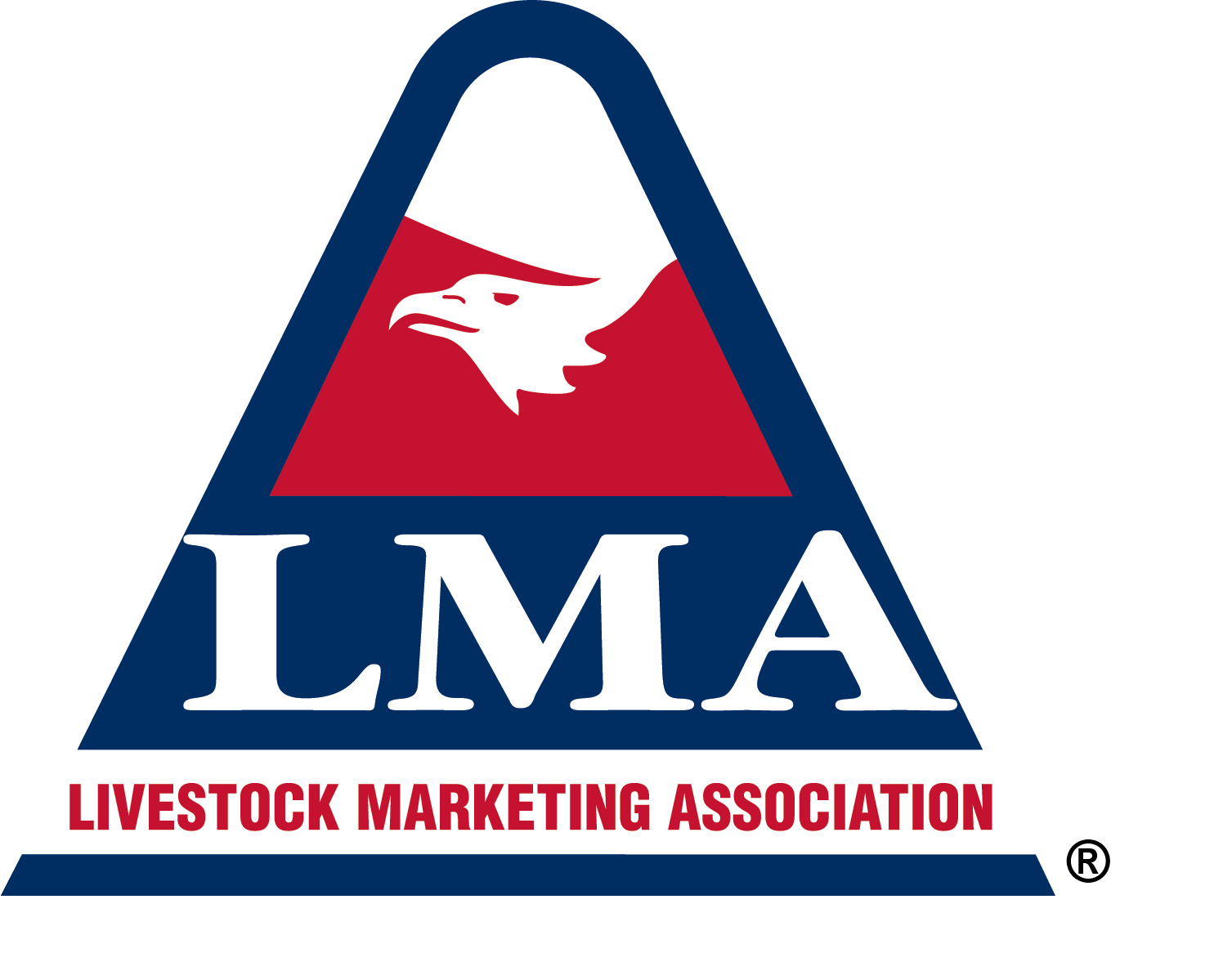PRESS RELEASE
‘Let me be clear, the Stockyards intends to thrive’
January 9, 2024
Oklahoma City, Oklahoma
Part of historic Stockyards City considered for future jail site.
At Wednesday’s Oklahoma County Commissioner’s meeting, a piece of rural Oklahoma’s livelihood and all Oklahomans’ heritage is on the docket.
In its search for a new jail site, the county has identified acreage on the edge of Stockyards City as a frontrunner. The only problem? It’s not listed for sale and its owner, the Oklahoma National Stockyards, utilizes it in their current and long-term growth plans.
At the hearing Jan. 10, commissioners will again consider the land. Since the stockyard’s property isn’t for sale, there is concern that the property could be pursued through the condemnation process and eminent domain.
Ben Hale, president of the Oklahoma City Livestock Exchange — the group representing the nine commission firms operating at the stockyards — said while he understands the need for a new jail facility, he believes taking this land would have a profound impact on the livestock commission firms and in turn, the surrounding businesses that benefit from sale-day traffic as well as the thousands of livestock producers who rely on the venue.
“If our business can’t be successful long-term, what happens to the restaurants and shops in this historic district?” he said. “What happens to the cattlemen and cattlewomen who depend on us? A decision like this has far-reaching consequences, and there must be a better option.”
Additionally, the land in question has historical significance like few others in the state. That’s especially important for a city that’s built a worldwide reputation on its western heritage.
Jerry Reynolds, president of the Oklahoma National Stockyards, explained Stockyards City was founded in 1910 and was built to serve the nation as a primary source for meat processing and packing. Until 1961, livestock sales were handled only by private agreement between the seller and buyer. Then the auction was introduced, providing greater competition for available livestock.
He said the auction helped supply new growth and — combined with aggressive sales leadership of the commission firms, innovative market management and strategic location — the Oklahoma City livestock market rose to become the world’s largest market of stocker and feeder cattle, regularly selling yearly receipts of more than 500,000 head.
Reynolds says the economic impact of the facility exceeds $1 billion annually, and it provides more than 130 jobs to Oklahomans as well as the countless associated industries that rely on the stockyards and beef production.
“The stockyards are incredibly important to our city, state and region,” he said. “The attention surrounding this land is resulting in misinformation about the future of the stockyards, and let me be clear, we fully intend to not only continue operations but by utilizing all resources at our disposal, we intend to thrive”
Mark Barnett, president of Livestock Marketing Association, agreed. He added anything that jeopardizes the stockyard’s long-term success would be especially devastating to the region’s livestock producers, who are already facing challenges.
“Livestock producers face challenges with land, labor, over-regulation and input costs every day,” Barnett said. “This is the just the latest example of government overreach negatively impacting their bottom line.”
He encouraged Oklahoma County residents and all who could be affected to speak out in support of removing the Stockyards property from the list being considered.
Citizens may address the commissioner’s board under the agenda item “Citizen’s Participation.” A citizen’s participation request form is available at the County Clerk’s office at 320 Robert S. Kerr Avenue in Suite 203, by email at publiccomment@oklahomacounty.org, or by signing up right before the meeting begins. For those who cannot attend, comments can be submitted to the public comment email address provided above.
The meeting will be held at 9 a.m. Wednesday, in the Oklahoma County Annex Building, in the board of county commissioners meeting room 204.

About the Livestock Marketing Association
The Livestock Marketing Association (LMA), headquartered in Overland Park, Kan., is North America’s leading, national trade association dedicated to serving its members in the open and competitive auction method of marketing livestock. Founded in 1947, LMA has more than 800 member businesses across the U.S. and Canada and remains invested in both the livestock and livestock marketing industries through member support, education programs, policy representation and communication efforts.
